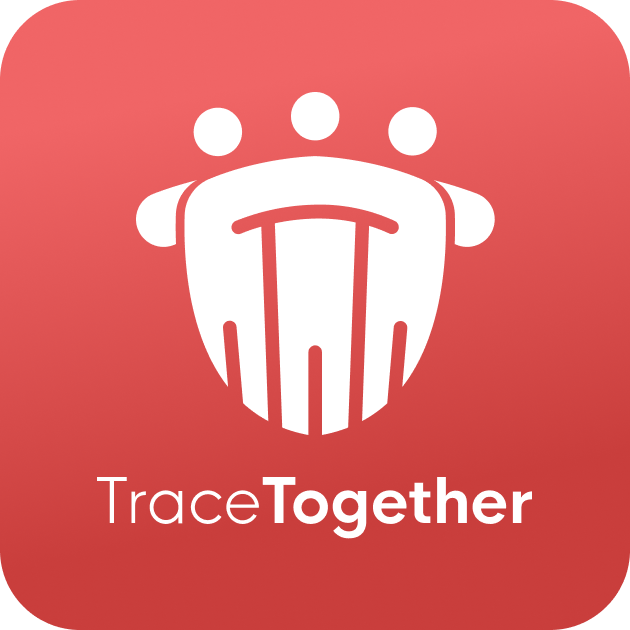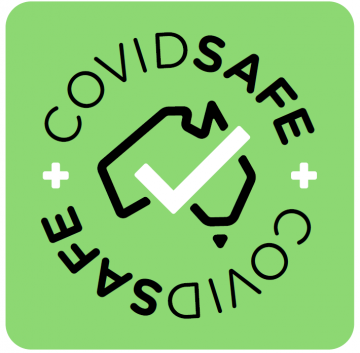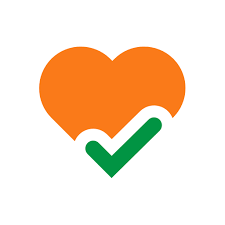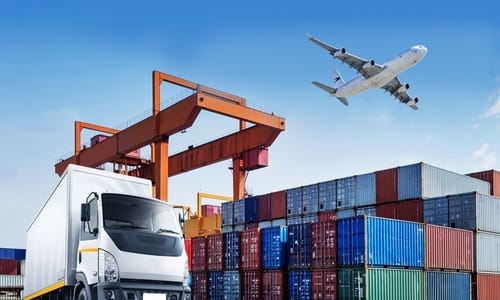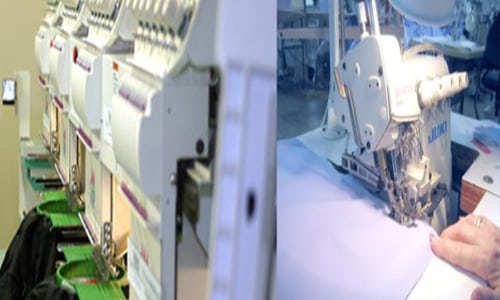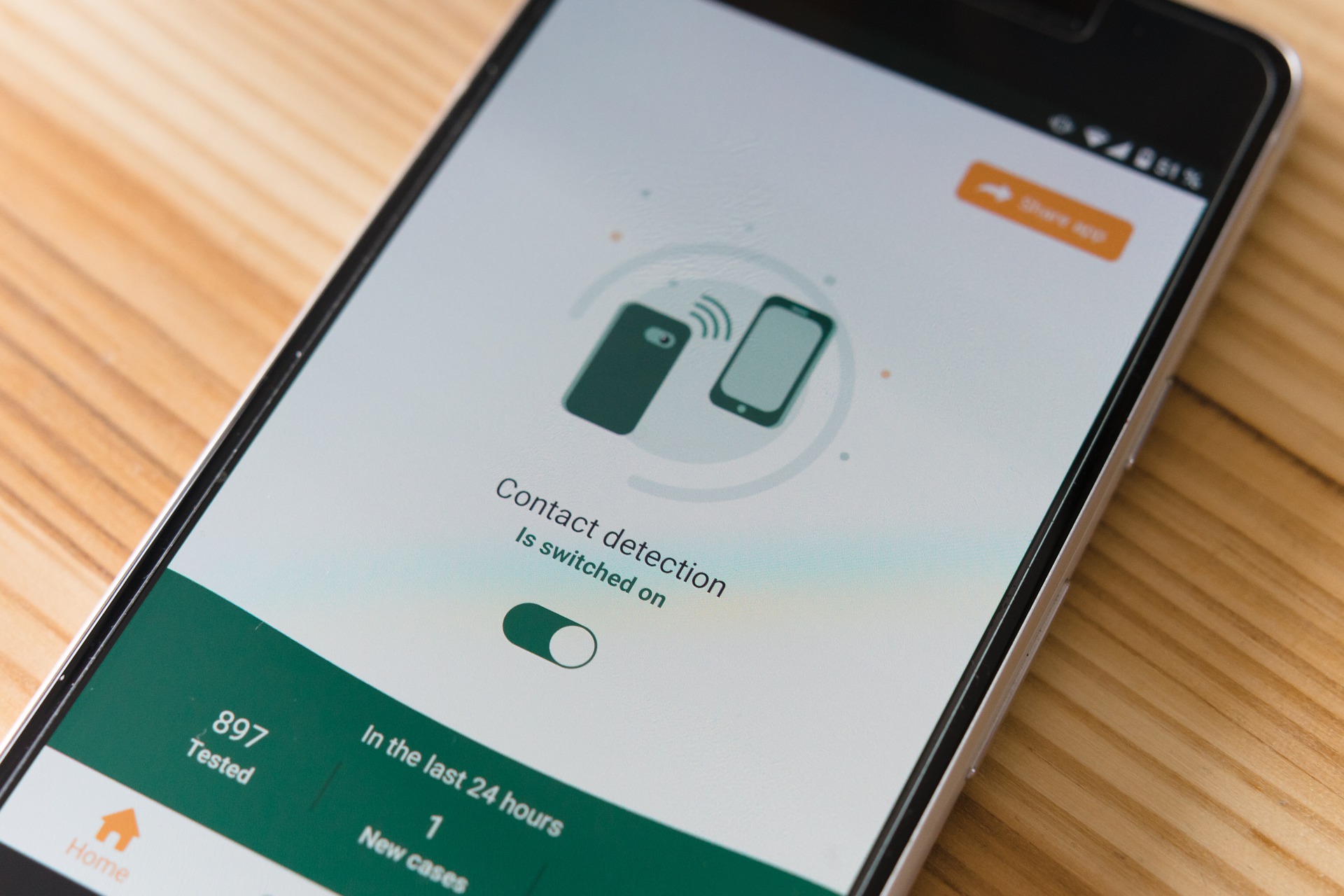
Introduction to the Apps
The covid-19 pandemic has affected almost 61 million people worldwide. The brutal virus affects anyone it comes in contact with. The death toll has reached an alarming number of 1.5 million and doesn't intend to stop there. The spread has affected elders and children, men and women all across the globe.
Governments are making keen efforts to develop apps that can recognize the hotspot areas where the virus is spreading at a dramatic pace or maintain a database of users that have tested positive with Covid-19. So far, the efforts have been successful, and many countries have launched tracing apps to stem the pandemic and bring its chaos to an end.
Developments in different countries
Many countries successfully managed to create the tracing app and are continuously trying to improve it. But maintaining the app is not an easy business. Let's have a look at the developments of different countries.
Singapore
Singapore became the first country to develop a tracing app for Covid-19 named "TraceTogether" and has managed to reach 2.5 million active downloads.
The only challenge faced by the app was that it supported to run in the foreground to perform its function on iOS, which was later resolved.
Australia
Australia developed the Covid-19 tracing app later in April, which was named "COVIDSafe". The app managed to reach 1 million downloads within the first 24 hours, but the government officials refused to reveal the app's actual numbers of active users.
As the app operated on the same framework as TraceTogether, it also had the same iOS limitations.
The Australian officials refused the Apple-Google approach. The Deputy Chief Medical Officer of Australia presented a strong notion defending their stance against the Apple-Google approach,
“The Apple-Google offering, apart from being released only once the global case numbers exceeded nine million, substantively diminishes the role of the disease detective in the process.”
He further added,
"By their own admission, these tech giants will not allow public health officials access to the details of contacts.”
India
India developed the app for the country and named it “Aarogya Setu.” The app worked on the data from the GPS and Bluetooth of the device. That's why the majority of the people avoided the app, as it raised some privacy concerns.
China
The app developed by Chinese developers uses a traffic-light, colored based system to identify each user. If a user is clear, the app assigns the user with Green color, and if the user is possibly exposed made to Covid-19, the app assigns them a Red color to identify them as a potential carrier of the virus.
France
The tracing app developed by the French developers has been available for download for the past four months. But the app has failed to perform as expected.
Apple-Google Covid-19 Tracing App
You can imagine how bad the situation is when you look at the two biggest tech-rivals working together for the same cause. It's a game of life and death. Apple and Google joined forces to bring a tracing app that supports both operating systems and has access to millions of users.
Covid-19 tracing apps developed by other countries work on the model of "Centralized Matching.”
Centralized Matching
Contact-tracing apps are designed to alert users automatically about whether they are at risk of being infected by the virus or not. Based on their interactions with someone who has tested positive with Covid-19.
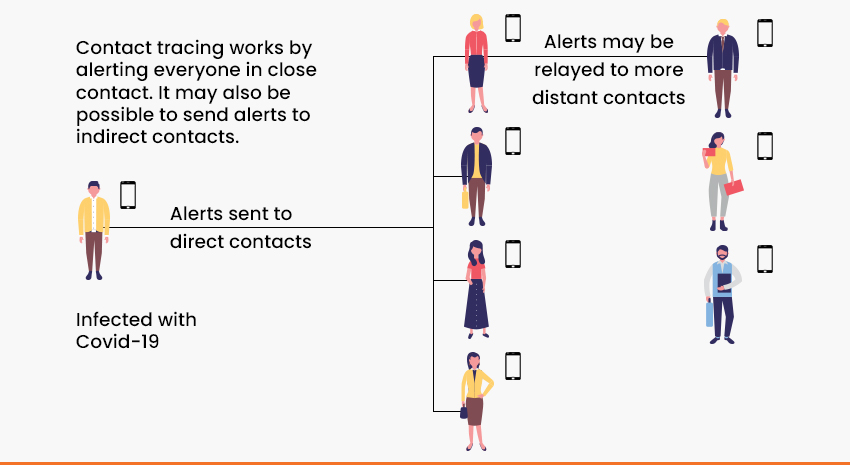
The app operates by monitoring the time two people spend within a close range of each other. When one of them registers themself as Covid positive, the app sends a series of messages to the people they have come in close range for a specified amount of time, alerting them about the situation and advising them to isolate themselves, quarantine, or get tested immediately.
Centralized Matching means that the matching process, which considers sending texts to other devices, is done on a computer server.
This approach is in contrast to the Apple-Google approach, which follows the "Decentralized Matching" method.
Decentralized Matching
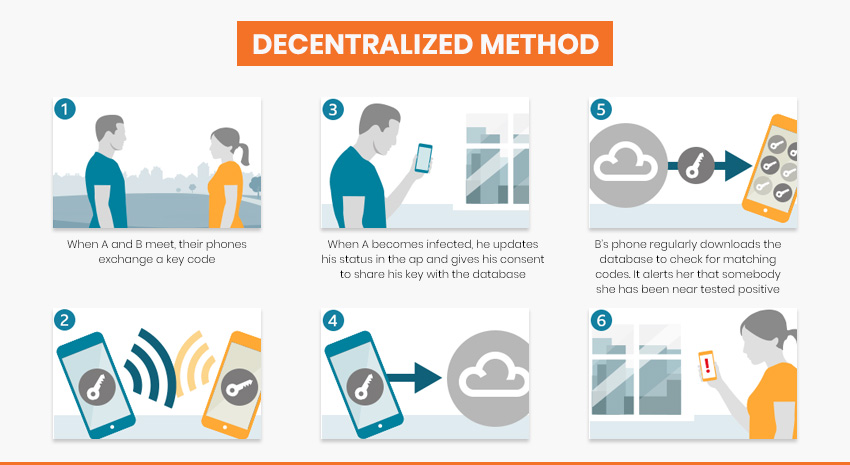
The decentralized approach by Apple-Google provides more privacy by limiting the ability of either authorities or hackers to use computer server logs to track specific individuals' activity and monitor their social interactions.
Apple and Google intend to release an API framework for the developers who want to follow their approach for building a tracing app.
The Privacy Factor
Meanwhile, the Covid-19 tracing apps have appeared in every part of the world and have become one of the most downloaded things in 2020. There are still some questions that need to be answered by governments of the world.
When it comes to privacy, it is nothing new that the data is exposed to possible hackers or misused by government officials and agencies.
The data any person stores in his/her cell phone is entirely private, and the property of that person only. The phone companies or any other entity do not have the right to misuse or even go through that data without the owner's consent.
Apple took the stance when the FBI dragged Apple to court for not aiding in unlocking the cell phone of the terrorist who allegedly attacked the members of the US armed services at the Naval Air Station in Pensacola, Florida.
FIA ultimately lost the case, and Apple made a strong notion with its victory that "Privacy is a right of everyone."
Why don't people trust tracing apps?
Despite being the need of the time, people know that these apps' post-pandemic risks are terrifying. Contact-tracing apps can amass personal data that reveals your movements, interactions, and relationships, making the user a vulnerable target to hackers.
Not only hackers when it comes to privacy, but people also don't even trust their governments.
These potential and authentic concerns came under discussion during the Defcon security conference. It is an annual conference held by hackers to discuss the issues and achievements for making the digital world safer.
The vast majority of the conference professionals passed the verdict that contact-tracing apps tend to obtain personal data that they don't require.
Eivind Arvesen, a security researcher from Norway who presented the concerns at Defcon said,
“This data-hungry mindset is not how governments should approach contact tracing apps, instead they should be asking themselves how little data can be required to solve the problem and that's it.”
Apple and Google made it clear that they would ban the use of location tracking in apps using their framework for contact tracing system.
They said that their approach focuses on using Bluetooth signals from phones instead of using the devices' GPS trackers.
Verdict
Covid-19 tracing apps are the most crucial part of stem the pandemic and put it on halt. But the people are not ready to sacrifice their privacy and data for it. It is the sole duty of governments and companies like Apple and Google to develop new apps that keep the public's concerns in perspective.
